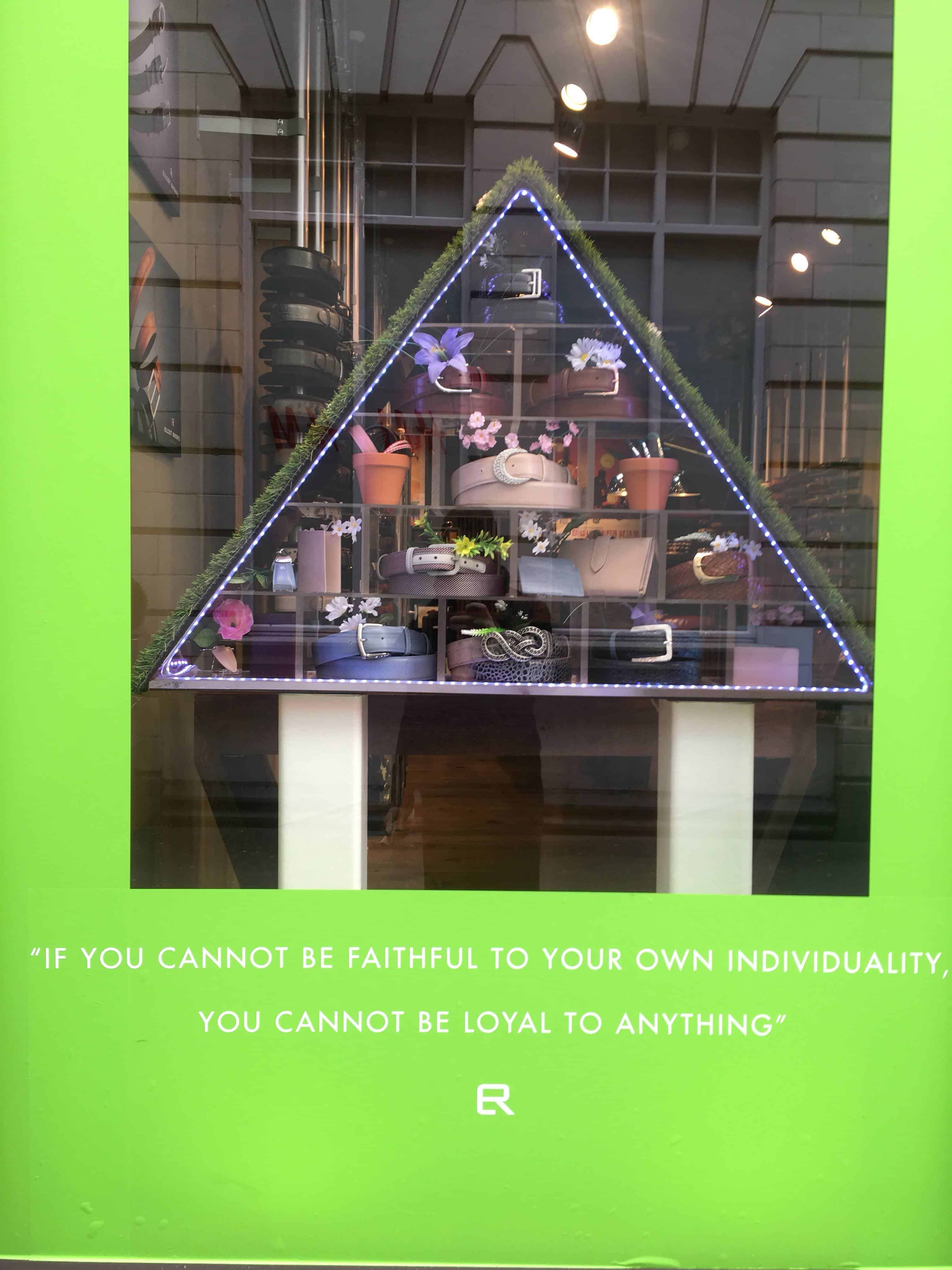One of the key questions of my life has been whether to select hedonism or stoicism as my governing philosophy. Even today the jury is still out, and I have a tendency to flit between the two.
If, for the sake of this article, we are to define hedonism as the privileging of pleasure above all else then for much of my twenties and early thirties I was a confirmed hedonist. If we take stoicism to refer to an eschewing of pleasure for pleasure’s sake in favour of embracing the grind, then I have been more of a stoic since the age of thirty.
In general this is a pretty normal trajectory, I think. After all, what is youth if not a time for indiscretion and fun? Certainly a great many people go to university not primarily to study, but to spend three years away from home drinking, partying and having casual sex. This is considered normal in our society. Then, once they have ‘settled down’ it is expected that they will put aside childish things and take more responsibility. What this usually means in practice is they will get a job, and perhaps settle into a long-term relationship or marriage, maybe buying a property along the way.
It is common, when I talk to friends that have gone down that path, for them to look back disparagingly on their ‘party years’, and to extol the benefits of having matured, or ‘grown into themselves as a person.’
In many ways I would agree with them. Without a doubt I wasted a lot of time drinking and clubbing as a youngster that would have been much better spent writing, building a business, or otherwise endeavouring to secure my future.
As I grew older, life changes compelled me to moderate my habits, while simultaneously it became increasingly apparent that I was something of a workaholic and actually enjoy spending my time productively more than not.
At the same time it is hard for me to entirely disavow my former hedonism, for the simple reason that in many ways I am still a hedonist in spirit. But is it possible to be both a stoic and a hedonist at the same time?
Stoic And Hedonist?
I think most people’s answer to that question would be no, and they might well be right. Purely on a practical level it is very hard to work hard on a project when you’ve been out at the club all night. But that being said, with a little discipline I think it is possible to balance fun with productivity.
Another point is that if you find working genuinely pleasurable, as I do, then could it be argued that you are in fact indulging in pleasure at the same time as being productive?
A deeper, and perhaps more important question, though, it which is preferable: hedonism or stoicism? This is harder to answer when you look into it a little. I think it has a lot to do with what time-frame you are talking about.
Yes, on the one hand the thought of delaying gratification, working hard and living for something else other than one’s own sensual enjoyment certainly seems more laudable, but by whose measure? If, like me, you are a secular person who doesn’t believe in a god in the sense of an all-powerful creator, and if you sense that things happen randomly rather than as the result of any divine intervention, then you are conceding that the world and the events that take place in it have no objective meaning. If that’s the case, then both placing one’s own personal enjoyment ahead of all other priorities or working hard to try to create meaning both seem equally valid paths.
After all, if the universe is a random series of meaningless events then it seems futile to argue that hard work, asceticism and moderation are especially sensible, unless you take pleasure from those things. After all, you could quite plausibly be hit by a meteorite tomorrow and then your carefully structured life of privation will all have been for naught.
To be contrarian, perhaps a life of irresponsibility and excess is actually the more logical path. When people preach working hard, saving money, investing carefully and so on, it is normally on the expectation that there will be a payout at some point in the future.
But what if there’s no future?
I can decide today to work on my business to ensure that I will have money in my old age. But what if that old age never arrives? What if I am killed tomorrow? Where is the value in such a strategy then.
Looking at it this way the main argument for stoicism is that it is somehow more ethical or worthy. That it is sinply a better way to spend your time than mere carousing.
Again, though, I question the logical basis for such an argument. Who decides whether one way of spending your time is inherently ‘better’ than another? What is the objective criteria for such a judgement? Is it ‘better’ to spend all day writing that all day out in the street hitting on girls? Who decides? On what basis?
In my view it is a hangover from the old protestant work ethic that used to preside in the UK and other Western countries that makes us feel ashamed about spending our time undertaking frivolous pursuits. Certainly it is hard to construct a robust argument that proves hedonism is a bad thing.
All of that being said, the only real measure you can bring to bear on your decisions is what you personally take pleasure from. These days I happen to take more genuine pleasure from work (writing this essay, say), than I do from spending all night at the club. On that basis, I now organise my life in a manner that prioritises work over partying. But I don’t pretend to myself or anyone else that I am somehow a better person for doing so. After all, if later today I die under the wheels of a car, to whom will it really matter that I worked on this piece rather than spent the afternoon in a bar?
If anything I consider myself both a hedonist and a stoic. I am still captivated by the bright lights of London, New York, Vegas and Ibiza. I still love to stay out late, visiting the clubs and the bars and the nighttime haunts around moonlit harbours. I still love searching for girls in whatever neon quarter of the city they may be hiding. I still love loud house music, pool parties, summer beaches, cheap entertainment and the smiles on the faces of those who are enjoying it around me. I still love the mystery of dark, mysterious cities with their hidden pleasure palaces.
But I also recognise that what brings me the truest lasting pleasure is working on, and successfully completing, the tasks that I set for myself.
For that reason, I believe that balance and discipline are the greatest tools at a man’s disposal, and I intend to keep using them to prolong the enjoyment of my life for the foreseeable future.
To find out about how to pull smoking hot girls day or night buy my book The 7 Laws of Seduction
For daily updates follow me on Twitter and Instagram









Troy – How true!!!! I left home at age 19 joined the Air Force and left the US for five years. Five years of hedonistic fun, orgies, gang bangs, world travels!! It was amazing, then I become a stoic!!! Some days I dream about those hedonistic times and say dam! I would love to live that way again. Then reality sets in!!! Jobs, homes, wifes, kids!!! Stay single!!!!! No regrets though!!!
Hey! Would you mind if I share your blog with my twitter group? There’s a lot of people that I think would really enjoy your content. Please let me know. Many thanks
http://financehint.eu
Please do. Many thanks, Troy
Ha! Yes, I think many of us move from youthful hedonist to more mature stoic. I guess my conundrum is whether to go full-on stoic, or whether to attempt to retain a little of that hedonism as well. Best, Troy